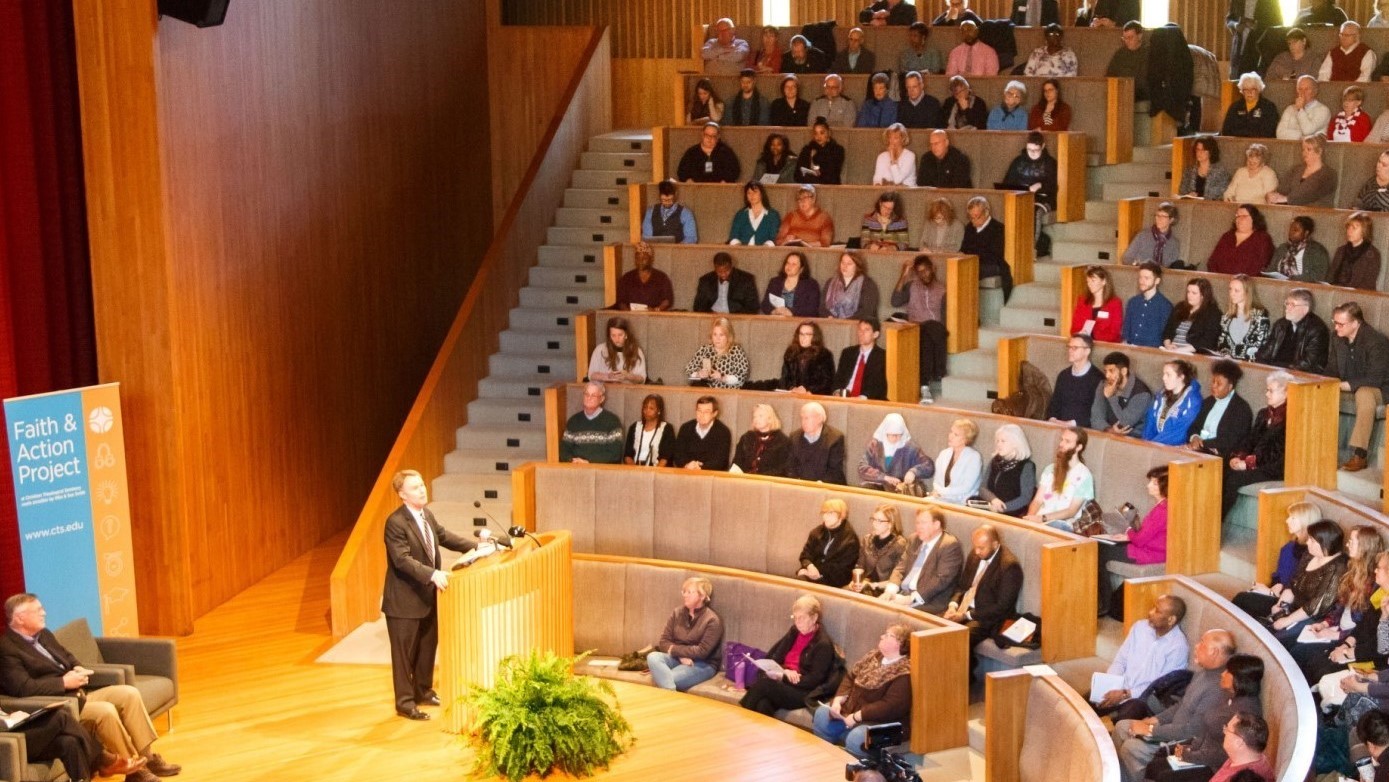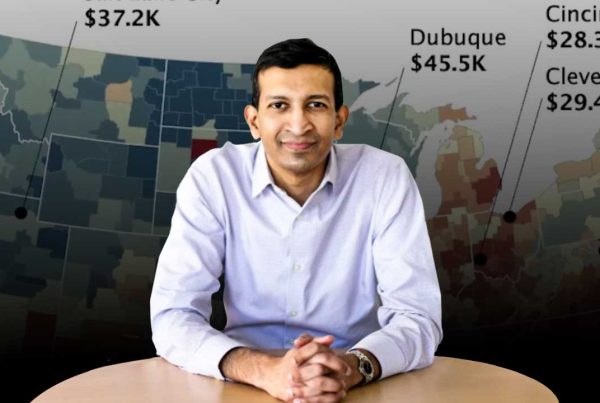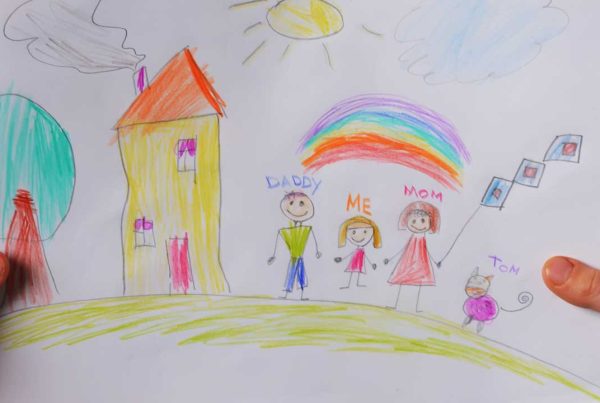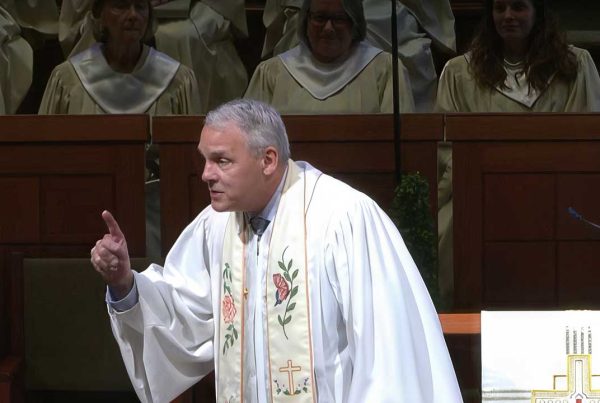In the ongoing effort to peel back the layers of poverty’s causes and effects, the CTS Faith & Action Project finds itself confronting an issue that often reveals itself as both: mental health.
For this year’s spring event, the Faith & Action Project will respond to this issue by gathering the community to address poverty in the context of mental and behavioral health and trauma.
In preparation, pastors and community partners were asked what they are seeing and what mental health challenges they are experiencing. They reported that their constituents are experiencing both heightened trauma and mental health challenges, and that these issues can no longer be ignored.
“Addressing mental health is a much-needed conversation for our community,” said New Era Pastor Dr. Clarence C. Moore.
Part of this conversation, the pastors and leaders said, must be to:
- respond to the unprecedented volume and intensity of mental health issues;
- eliminate the stigma in the Black church for individuals seeking mental health treatment;
- acknowledge that pastors often are first-line responders due to a lack of service providers;
- take advantage of the heightened awareness of disparities in the mental health system and the rise in mental health needs made clear by COVID;
- respond to the exposed crises in the American healthcare system, particularly the mental healthcare system;
- accept that issues such as poverty, gun violence and mental health are all intertwined, and that we must work together to find solutions.
As Tony Mason, President & CEO of Indianapolis Urban League and Willis Bright, leader of the African American Coalition of Indianapolis, put it when asked what they see as the biggest impediment to health and stability in the Black community: “It is imperative that addressing mental health challenges and trauma be a priority for all us as they are major factors impeding the ability of individuals and families to become self-sufficient and stable. Both are mentioned as factors significantly impacting African American attainments in education, employment, health, housing and business development and entrepreneurship in our Indianapolis African American Quality of Life Initiative work.”
The burdens of mental health are weighing heavily on both the community and those seeking to walk alongside them, as they discover together that mental health, behavioral health, substance abuse or trauma challenges greatly limit an individual’s or family’s ability to move out of poverty.
“Members of the community and staff/congregation are experiencing both trauma and mental health challenges,” said Leigh Riley Evans, Director of Community Development, Eastern Star Church. “They are exhausted, grieving, and anxious. Their racialized trauma coupled with the uncertainty of the pandemic – especially social isolation – has been mentally taxing and frustrating.”
First Congregational UCC pastor Rev. Dr. Sarah Lund shared that it is both adults and youth facing mental health challenges. She said, “it is critical for families and congregations to break the silence around mental health issues in children and teens. My congregation has had decades of long history of mental health ministry. Our youth need hope and healing.”
As a call to action, we turn to New Revelation Christian Church Pastor Richard Reynolds, vice president of the Indianapolis Urban Pastors Coalition and a CTS Trustee, who, in a recent article addressing poverty and mental health, said, “It’s going to take all of us working together, not just from high positions but working together in grassroots efforts to bring resolutions to the challenges that are facing our city.”
Please join us in answering Pastor Reynolds’ call by attending the Faith & Action Project Spring Conference.
Learn more about the Faith & Action Spring Conference here.






